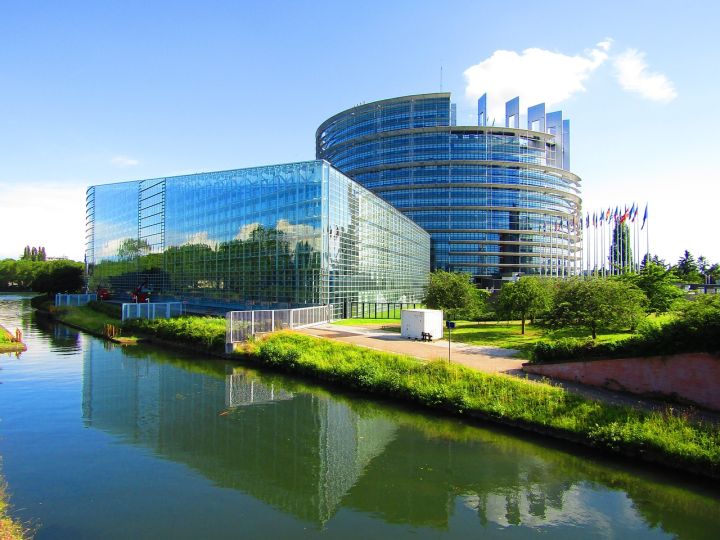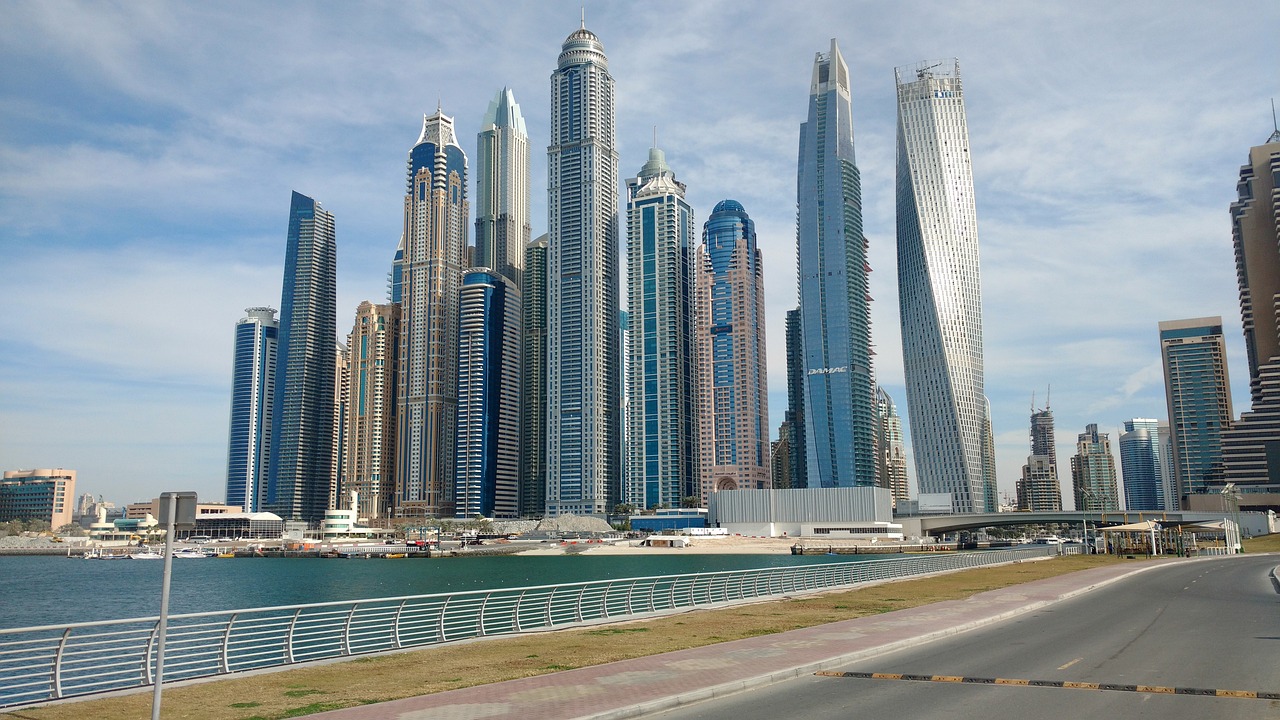
On June 26, 2024, the regulation establishing the EU Anti-Money Laundering Authority (AMLA) officially came into force. This was reported by Reuters .
The department has officially opened its first vacancy - a chairman. The potential candidate must be willing to lead a team of 430 people based in Frankfurt. So far, AMLA functions only on paper. The head of the agency will begin practical management of anti-money laundering activities only next year.
The European Union is ready to offer the head of the Department a salary of approximately 290 thousand euros per year. Applicants must submit their applications by July 8, 2024.
“Money laundering and terrorist financing are a serious problem for the EU. They pose serious risks to the EU's economy and financial system, as well as to the safety of its citizens,” the job advertisement said.
In order for the competition to be considered valid, at least two candidates must take part in it. The selection will continue for several months.
AMLA will advertise to fill additional positions in December 2024. The department will need “lawyers” and “experts” - exclusively from among the citizens of the European Union.
Let us recall that the two main goals of AMLA will be EU-wide anti-money laundering supervision and support for national financial intelligence units in European countries. The Office will become the center of an integrated system of national supervisory authorities in the field of combating money laundering, ensuring their mutual support and cooperation. AMLA will directly monitor “high-risk” financial institutions, as well as coordinate anti-money laundering activities in the “non-financial” sector. In addition, the Office is ready to undertake the supervisory function of any organization at the request of a national financial intelligence unit. AMLA plans to set reporting standards and ensure the exchange of anti-money laundering data in Europe.
The Office must participate in the implementation of EU sanctions policy. In particular, it will verify compliance with international restrictions by high-risk representatives of the financial sector and participate in the development of a common EU approach to the supervision of sanctions. 30% of the AMLA budget will be generated from EU funds, and 70% from contributions from financial institutions within the area of responsibility of the Authority.
The methodology for determining the amount of contributions will be established separately. For now, the AMLA working group is based in the European Commission's Directorate General for Financial Stability and is preparing to launch the management work.







